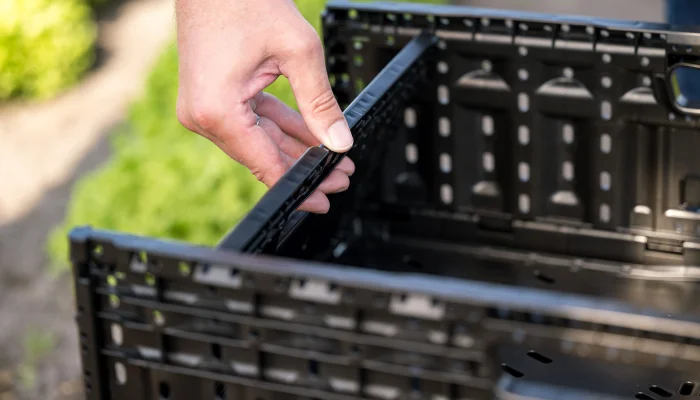Die
Corporate Sustainability Reporting Directive (CSRD) is an EU directive that regulates companies' sustainability reporting. It came into force on January 5, 2023 and significantly expands the scope and scope of reporting compared to previous regulations.
However, with the 2025 Omnibus Package, the scope of application of the CSRD has been adjusted: Only companies with more than 1,000 employees and either a turnover of over 50 million euros or a balance sheet total of over 25 million euros are now required to report. For these companies, the CSRD applies for financial years beginning on or after January 1, 2024. Reporting requirements for other large companies have been postponed to January 1, 2027. Capital market-oriented small and medium-sized enterprises (SMEs) have also been relieved — their reporting obligation now only starts from January 1, 2028.
A central element of CSRD is the principle of double materiality: Companies must assess both the impact of their business activities on the environment and society (outside-in perspective), as well as the financial risks and opportunities arising from sustainability issues for the company (inside-out perspective), and integrate them into their reporting. In doing so, the CSRD promotes comprehensive transparency about sustainability aspects and their significance for corporate strategy.
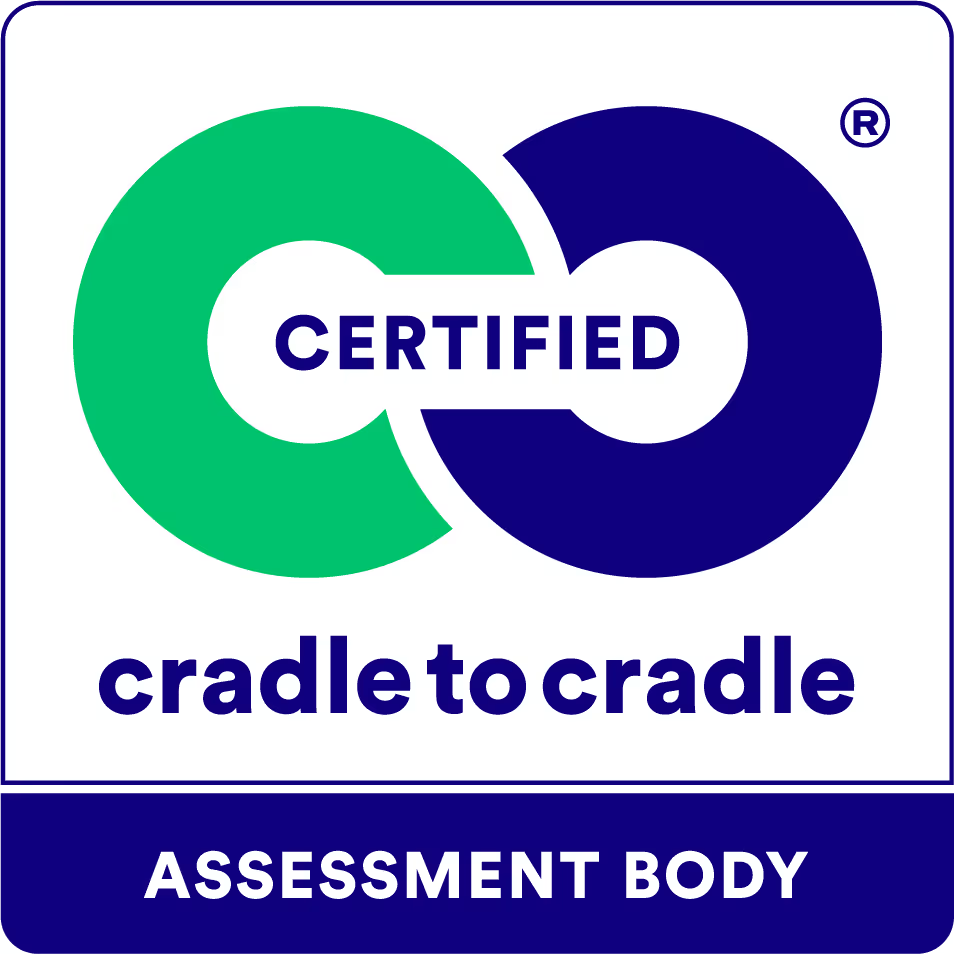



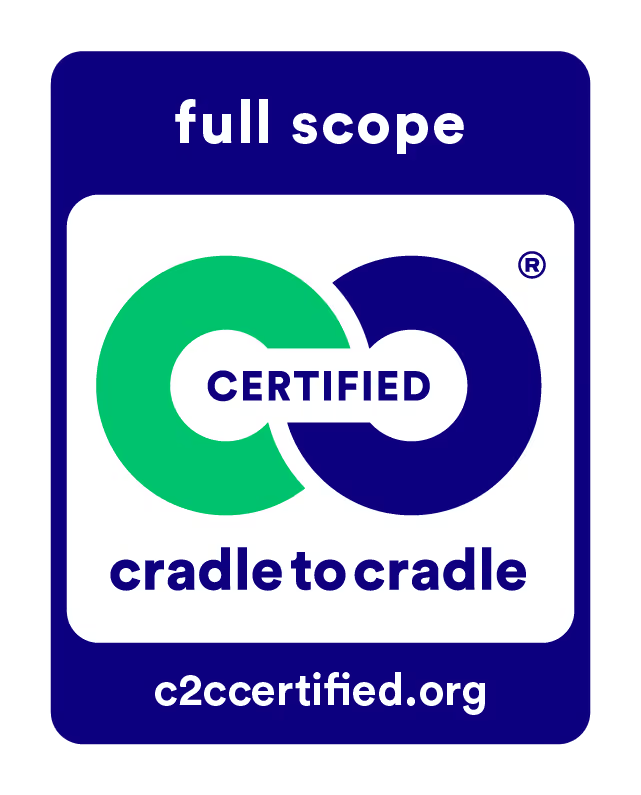
.avif)
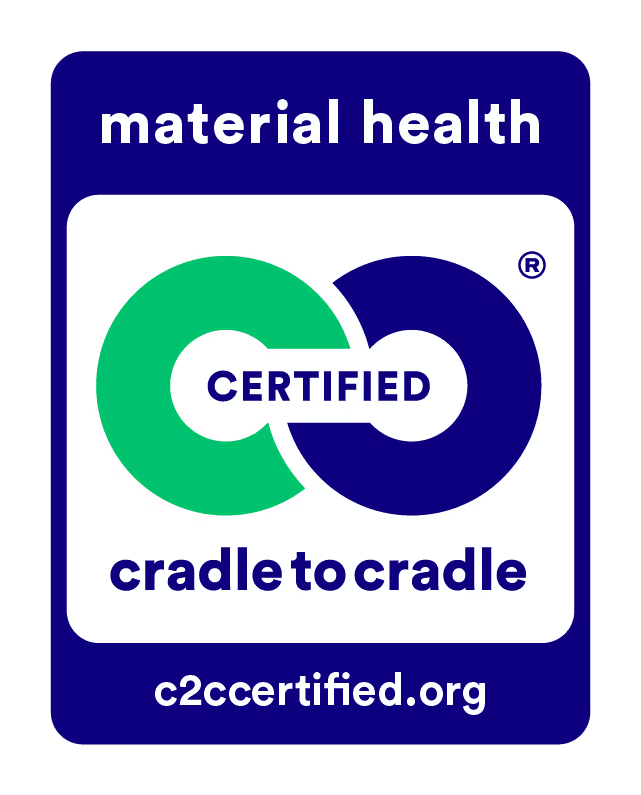

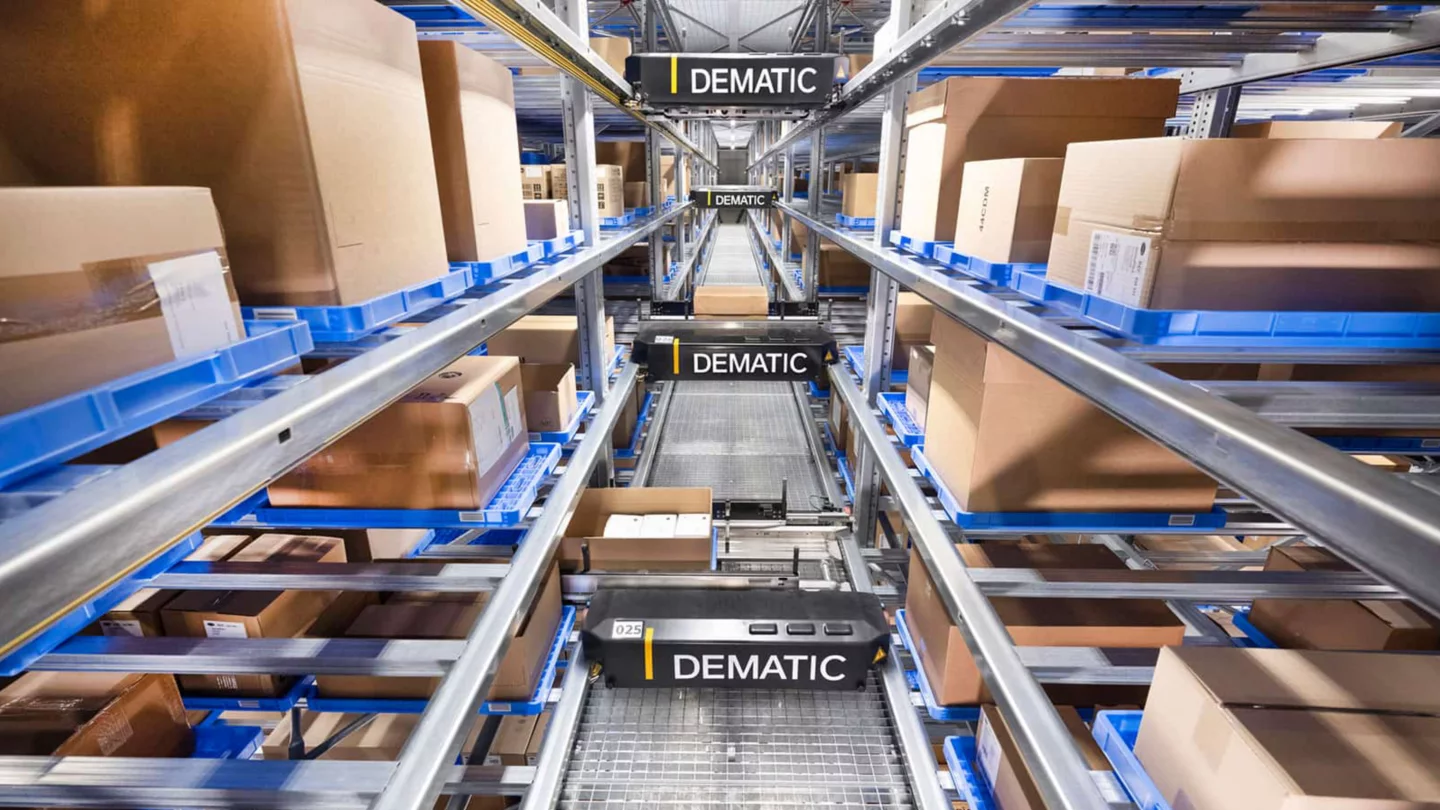
.jpeg)
